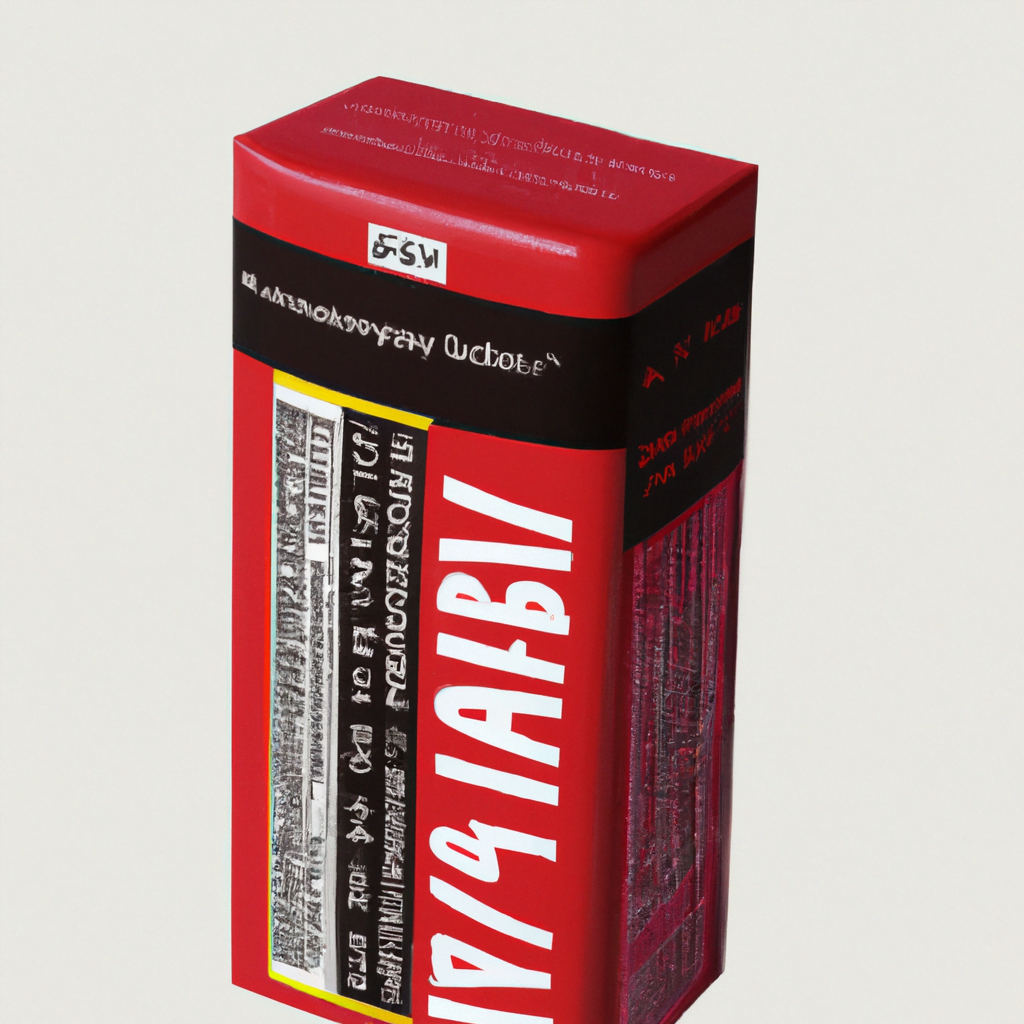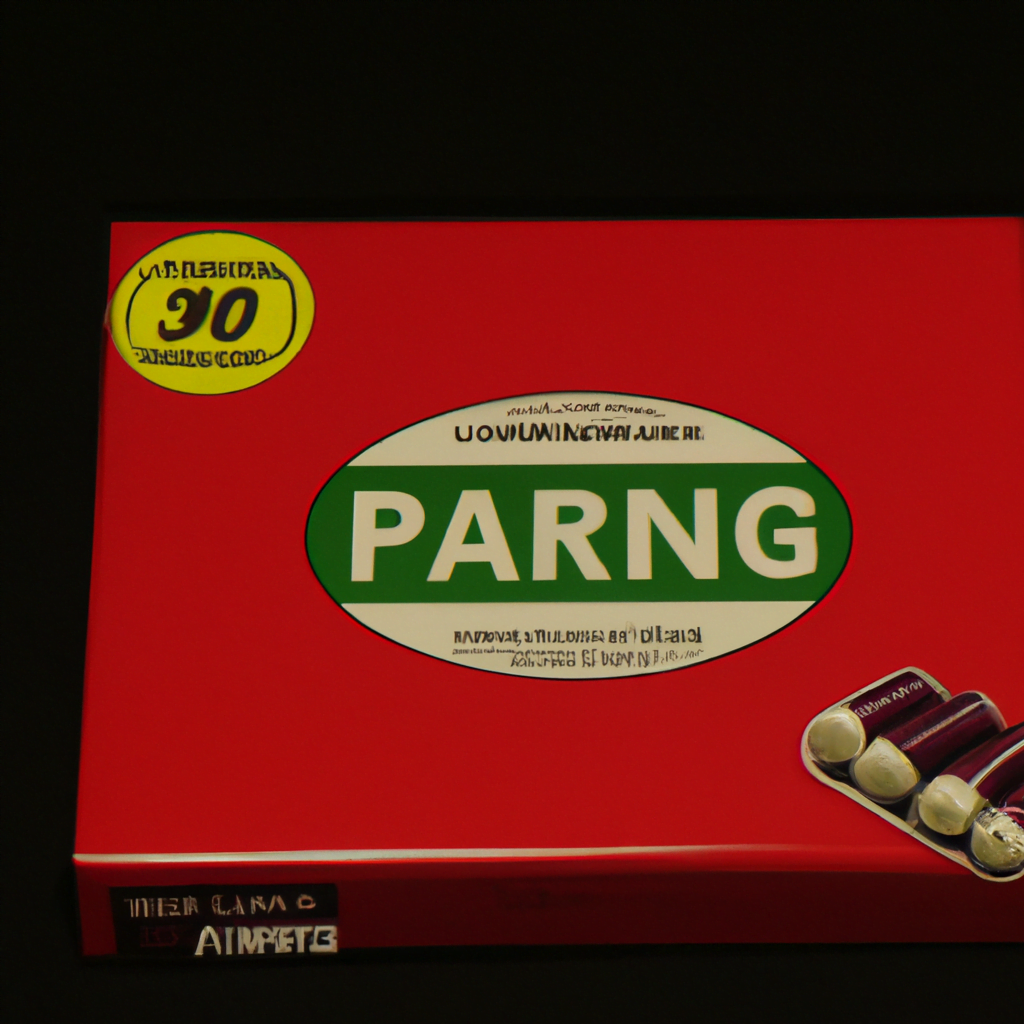
Packaging for Dietary Supplements and Vitamins: A Comprehensive Guide

Introduction
Dietary supplements and vitamins have become increasingly popular in recent years, with more and more people turning to them to improve their health and well-being. As a result, the market for these products has grown significantly, and packaging has become an essential aspect of their success. In this article, we will explore the importance of packaging for dietary supplements and vitamins, the different types of packaging available, and the key considerations when choosing the right packaging for your product.
The Importance of Packaging for Dietary Supplements and Vitamins
Packaging plays a crucial role in the success of dietary supplements and vitamins. It not only protects the product from damage and contamination but also serves as a marketing tool to attract customers. The right packaging can make a significant difference in how your product is perceived by consumers and can ultimately impact sales.
One of the primary functions of packaging is to protect the product from damage and contamination. Dietary supplements and vitamins are sensitive to light, moisture, and air, which can cause them to degrade over time. Proper packaging can help prevent these issues and ensure that the product remains fresh and effective for longer.
Packaging also serves as a marketing tool to attract customers. The packaging design can make a significant impact on how consumers perceive the product. A well-designed package can convey the benefits of the product and create a sense of trust and credibility with the consumer.
The Different Types of Packaging Available
There are several types of packaging available for dietary supplements and vitamins. Each type has its advantages and disadvantages, and the right choice will depend on the specific needs of your product.
Bottles and Jars
Bottles and jars are the most common type of packaging for dietary supplements and vitamins. They are available in a variety of sizes and shapes and can be made from plastic or glass. Bottles and jars are ideal for products that need to be dispensed in specific amounts, such as capsules or tablets.
Advantages:
- Easy to use and dispense
- Protects the product from light and moisture
- Can be made from recyclable materials
Disadvantages:
- Can be bulky and take up a lot of space
- May not be suitable for products that need to be stored in a specific position
- May not be suitable for products that need to be kept at a specific temperature
Blister Packs
Blister packs are a type of packaging that consists of individual compartments for each dose of the product. They are commonly used for tablets and capsules and are made from plastic or aluminum.
Advantages:
- Protects the product from light and moisture
- Easy to use and dispense
- Can be made from recyclable materials
Disadvantages:
- Can be difficult to open for some consumers
- May not be suitable for products that need to be stored in a specific position
- May not be suitable for products that need to be kept at a specific temperature
Pouches
Pouches are a type of packaging that consists of a flexible bag or sachet. They are commonly used for powders and liquids and are made from plastic or foil.
Advantages:
- Lightweight and easy to transport
- Can be made from recyclable materials
- Can be customized with branding and design
Disadvantages:
- May not be as durable as other types of packaging
- May not be suitable for products that need to be stored in a specific position
- May not be suitable for products that need to be kept at a specific temperature
Key Considerations When Choosing Packaging
When choosing packaging for dietary supplements and vitamins, there are several key considerations to keep in mind. These include:
Product Type
The type of product you are packaging will play a significant role in determining the right packaging. For example, powders and liquids may require different types of packaging than capsules or tablets.
Storage Requirements
Some products may have specific storage requirements, such as being kept at a certain temperature or in a specific position. It is essential to choose packaging that can accommodate these requirements.
Brand Identity
Packaging is an essential part of your brand identity and can help differentiate your product from competitors. It is essential to choose packaging that aligns with your brand values and messaging.
Consumer Convenience
Packaging should be easy for consumers to use and dispense. It is essential to consider factors such as ease of opening, portability, and dispensing when choosing packaging.
Case Studies
To illustrate the importance of packaging for dietary supplements and vitamins, let’s look at two case studies.
Case Study 1: Vitamin C Supplement
A company that produces a vitamin C supplement was experiencing low sales despite having a high-quality product. After conducting market research, they discovered that consumers were put off by the bulky bottle packaging and were looking for a more convenient option.
The company decided to switch to a blister pack packaging, which allowed for individual doses to be easily dispensed. The new packaging was well-received by consumers, and sales increased by 30%.
Case Study 2: Protein Powder
A company that produces a protein powder was experiencing issues with product degradation due to moisture and air exposure. They were using a pouch packaging that was not providing adequate protection.
The company switched to a jar packaging with a moisture-absorbing desiccant, which helped to protect the product from degradation. The new packaging was well-received by consumers, and the company saw a significant decrease in product returns due to degradation.
Conclusion
Packaging is a crucial aspect of the success of dietary supplements and vitamins. It not only protects the product from damage and contamination but also serves as a marketing tool to attract customers. When choosing packaging, it is essential to consider factors such as product type, storage requirements, brand identity, and consumer convenience. By choosing the right packaging, you can differentiate your product from competitors and increase sales.
